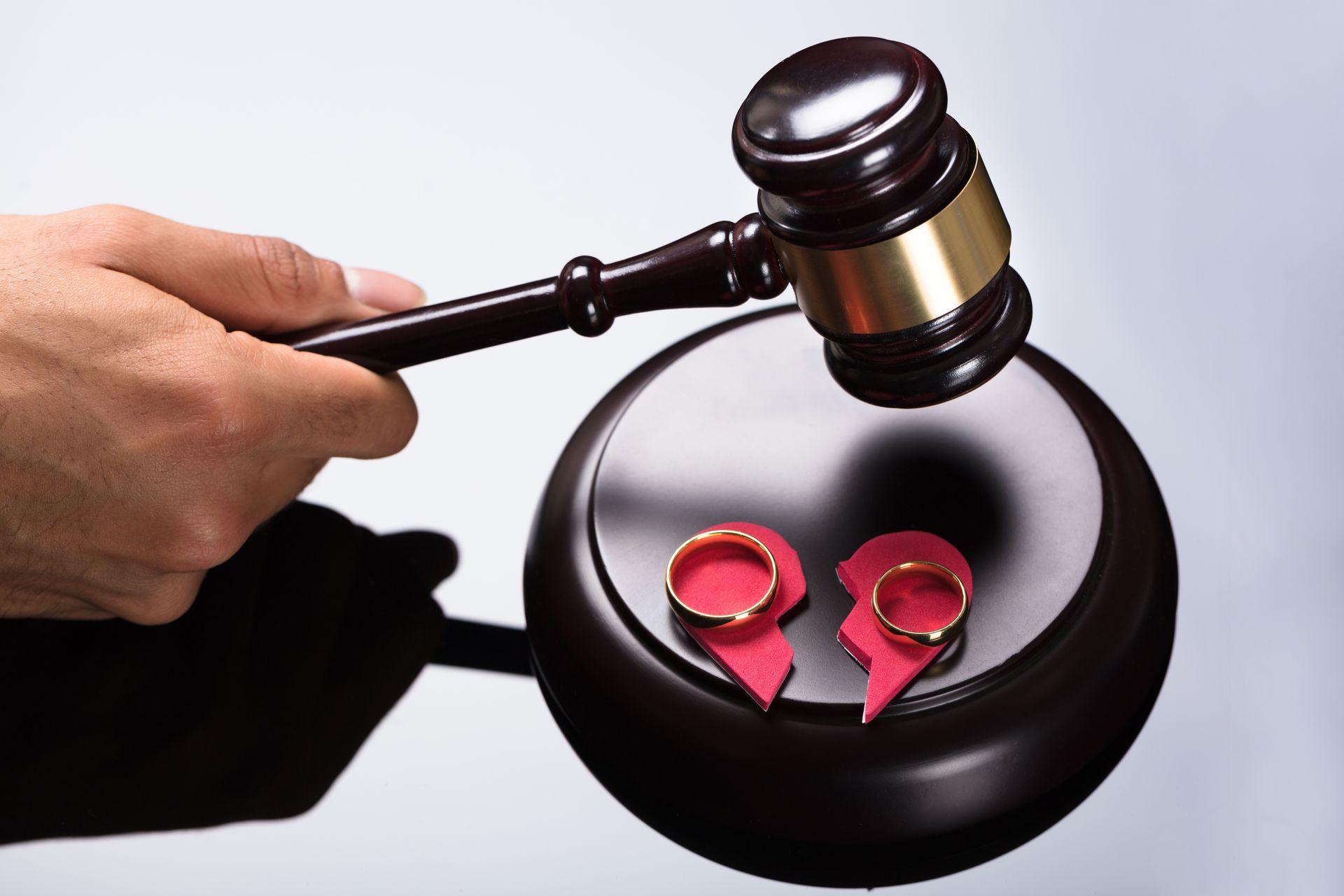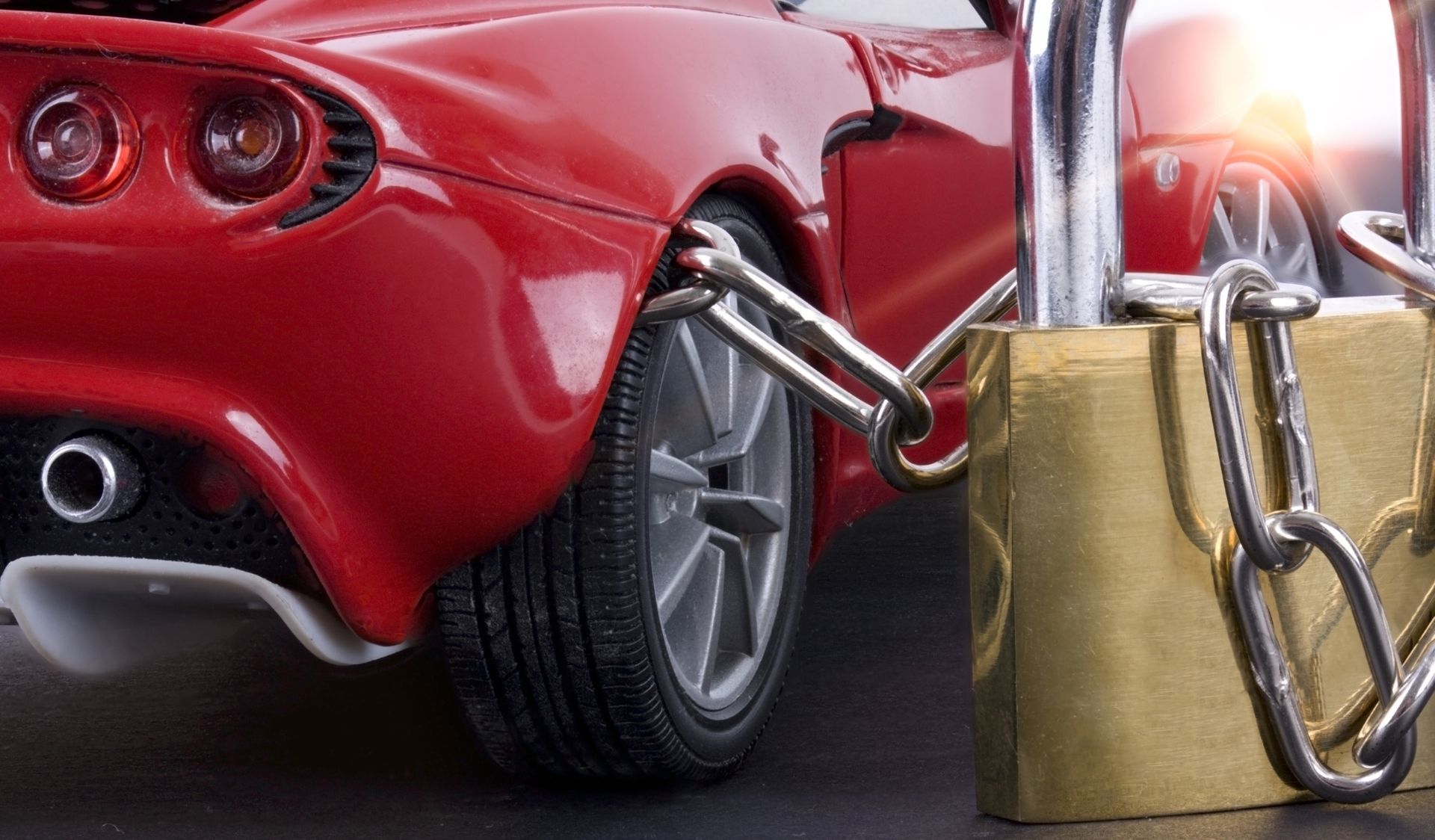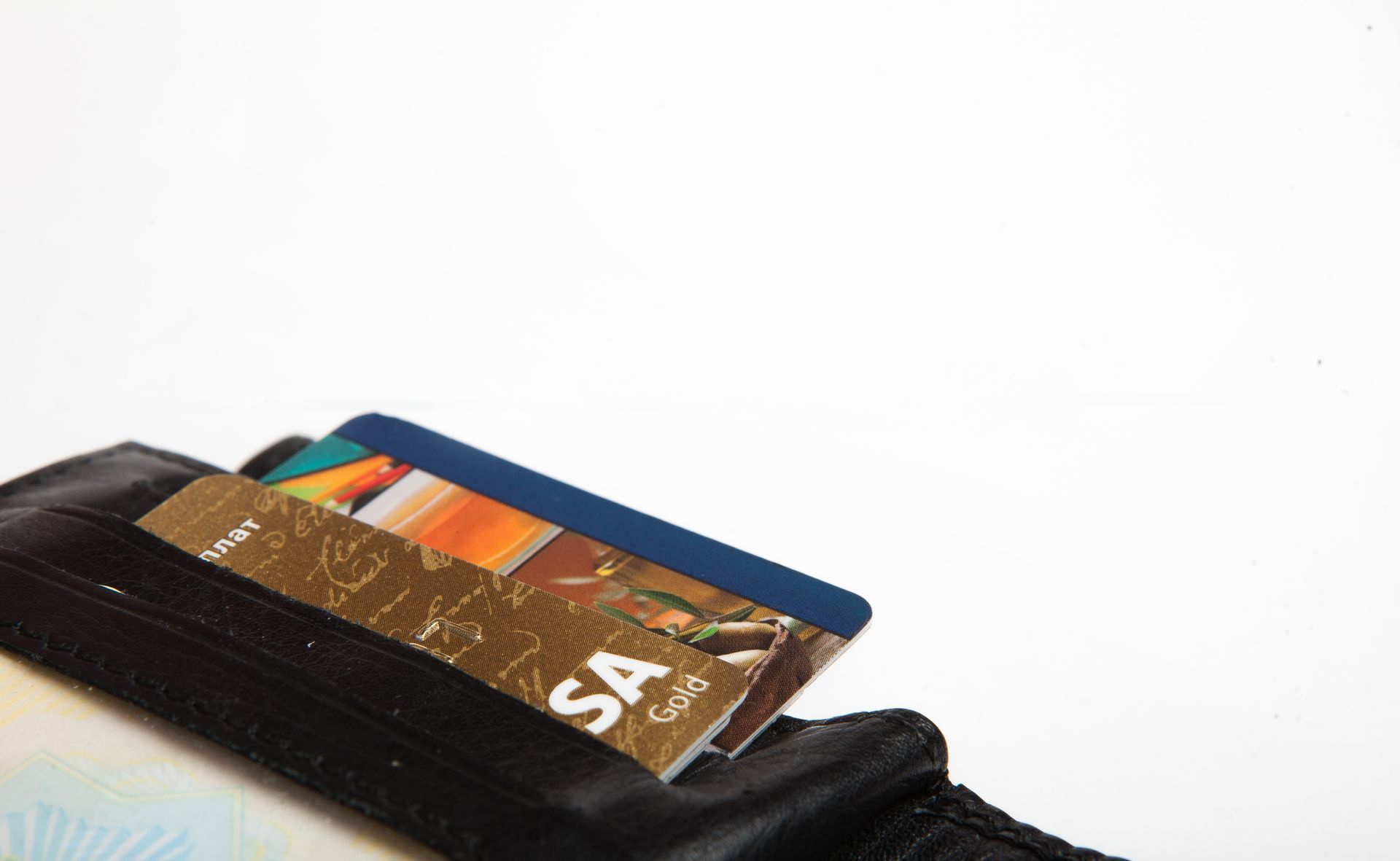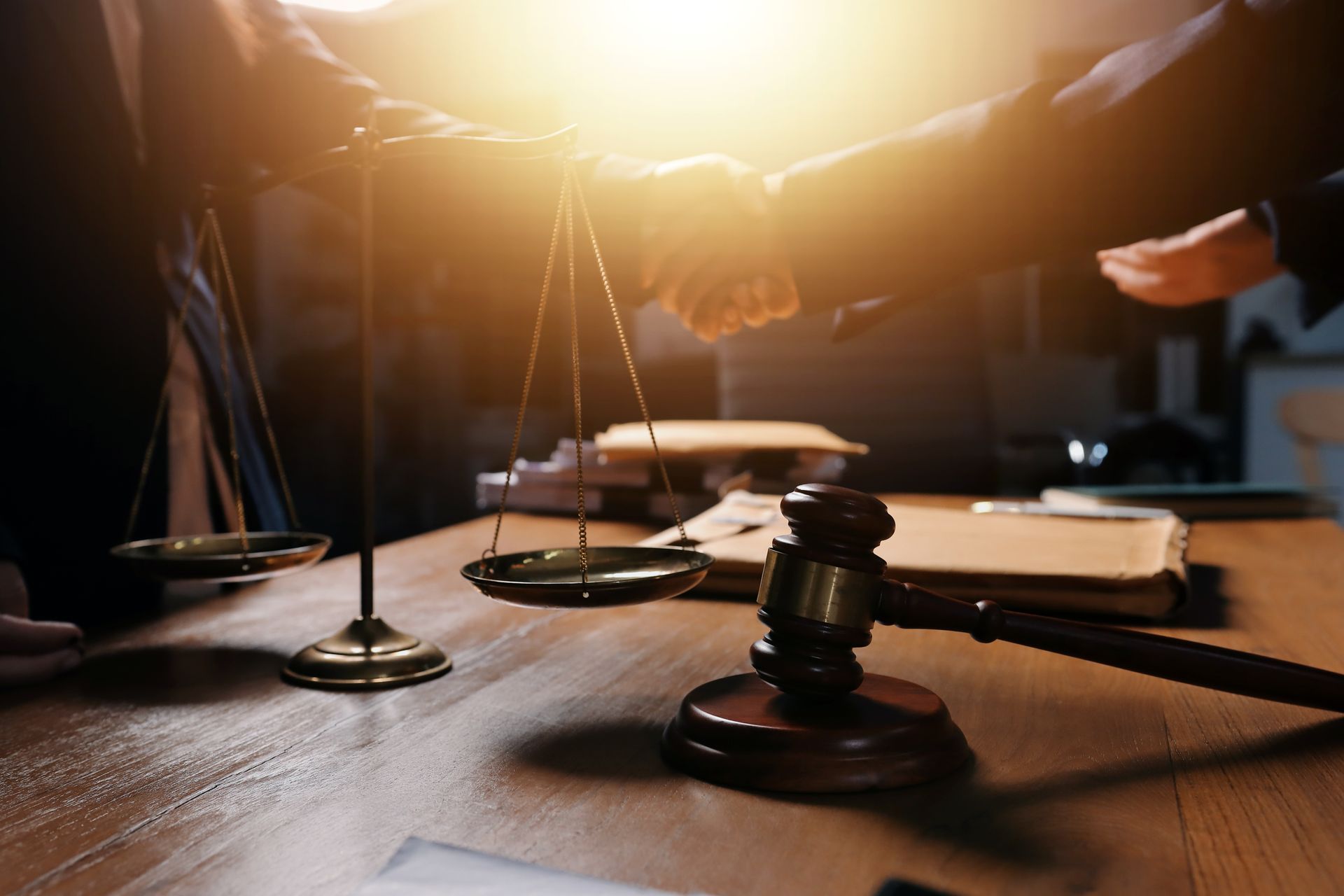What are the pros and cons of declaring Chapter 7 bankruptcy in Florida?
Examining the pros and cons of Chapter 7 bankruptcy may help those struggling with debt in Florida to determine if it is the right solution for them.
When people in Florida and throughout the U.S. are struggling financially, one of the options they may consider is filing for Chapter 7 bankruptcy. Although a valuable tool for helping individuals and couples get control of their debt so they can begin rebuilding their credit, declaring bankruptcy is not a step that should be taken lightly. Considering the benefits and disadvantages of filing Chapter 7.
Pro: Relieve of financial obligations
With few exceptions, a substantial portion of people’s debts may be discharged at the end of a Chapter 7 case. Therefore, they may be relieved of their financial liability for their qualifying obligations. These may include medical bills, credit card balances, past due rent or other money owed under lease agreements, certain civil court judgments and some personal loans, among other unsecured debts. Once debts are discharged, creditors can no longer take collection actions against people to attempt to recover any portion of them.
Con: Property liquidation
Before people receive a discharge in Chapter 7 bankruptcies, some of their possessions will be recovered by a court-appointed trustee and subject to liquidation. Upon filing a Chapter 7 petition, the bankruptcy trustee takes control of people’s estates. Their non-exempt assets, which may include extra vehicles, art collections and other property, may be sold or otherwise disbursed. The proceeds of the asset liquidation are then applied toward repaying all or a portion of their debts.
Pro: Exemptions protect important assets
While a number of people’s possessions may be subject to liquidation during Chapter 7 cases, exemptions allow them to keep many of their important assets. Such exemptions may extend to filers’ primary residences, vehicles under a certain value, and many of their home goods and personal effects. This may help ensure they are able to achieve a fresh start after coming through their cases, as they will not be left with nowhere to live, no transportation or other issues that might result if they were to lose all their property through a bankruptcy declaration.
Con: Must qualify for approval
Not everyone who seeks Chapter 7 protection is approved. Rather, people must meet a range of eligibility requirements, including the following: having a monthly income that is below the state’s average or qualifying under the means test, having no prior bankruptcy dismissals within the previous 180 days under certain circumstances and having completed credit counseling within 180 days of filing their petition.
Pro: Resolved quickly
Compared to other debt relief options, declaring Chapter 7 bankruptcy offers people an efficient resolution, allowing them to move forward with their credit and their lives. From filing their petitions until their cases are finalized generally takes between three and six months, provided there are no complexities or extenuating circumstances. Chapter 13 bankruptcies, on the other hand, take three to five years to complete.











